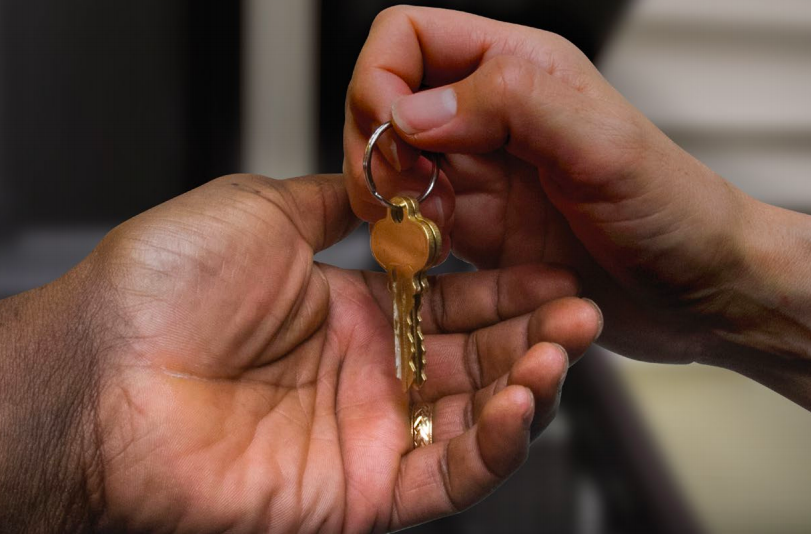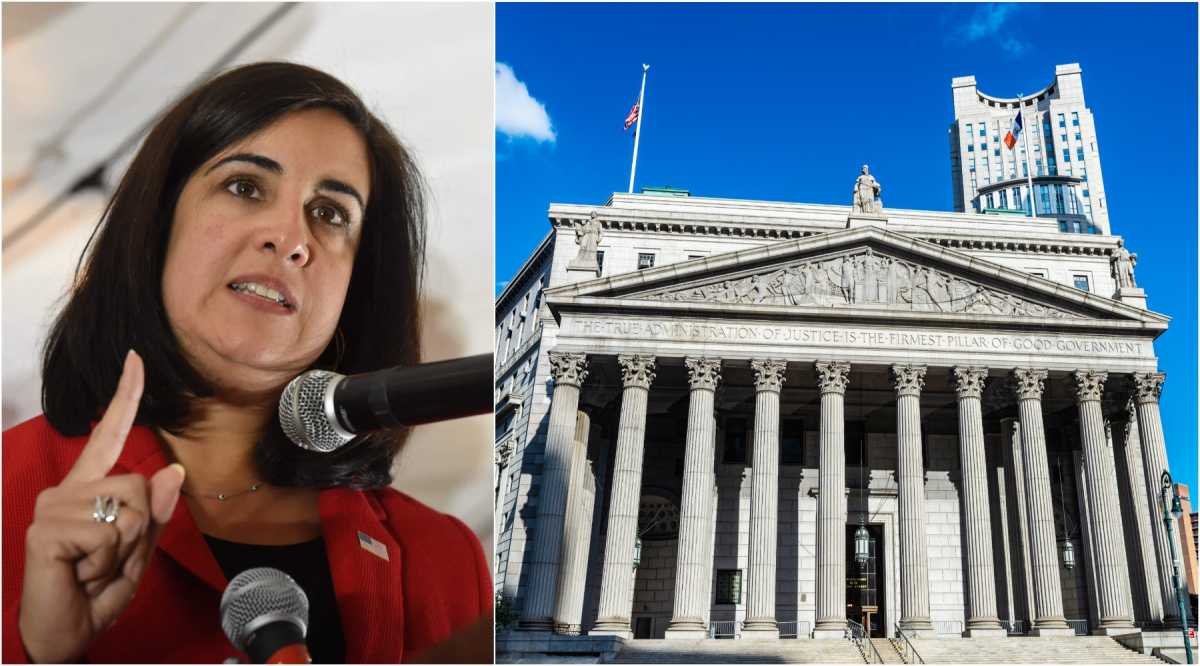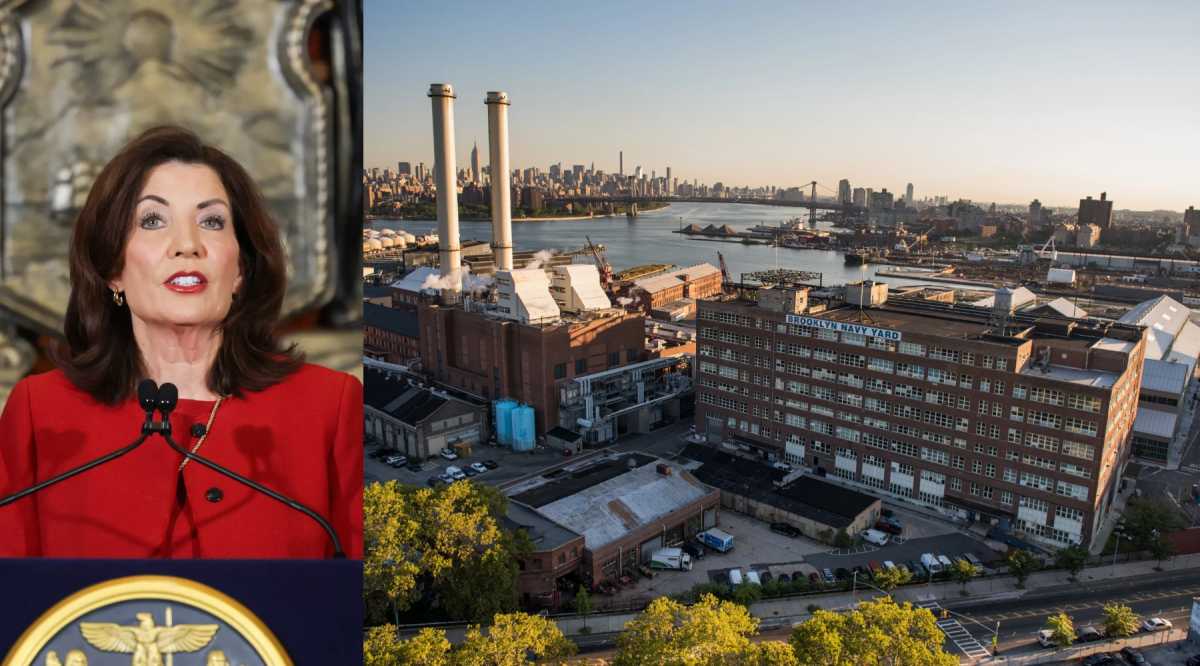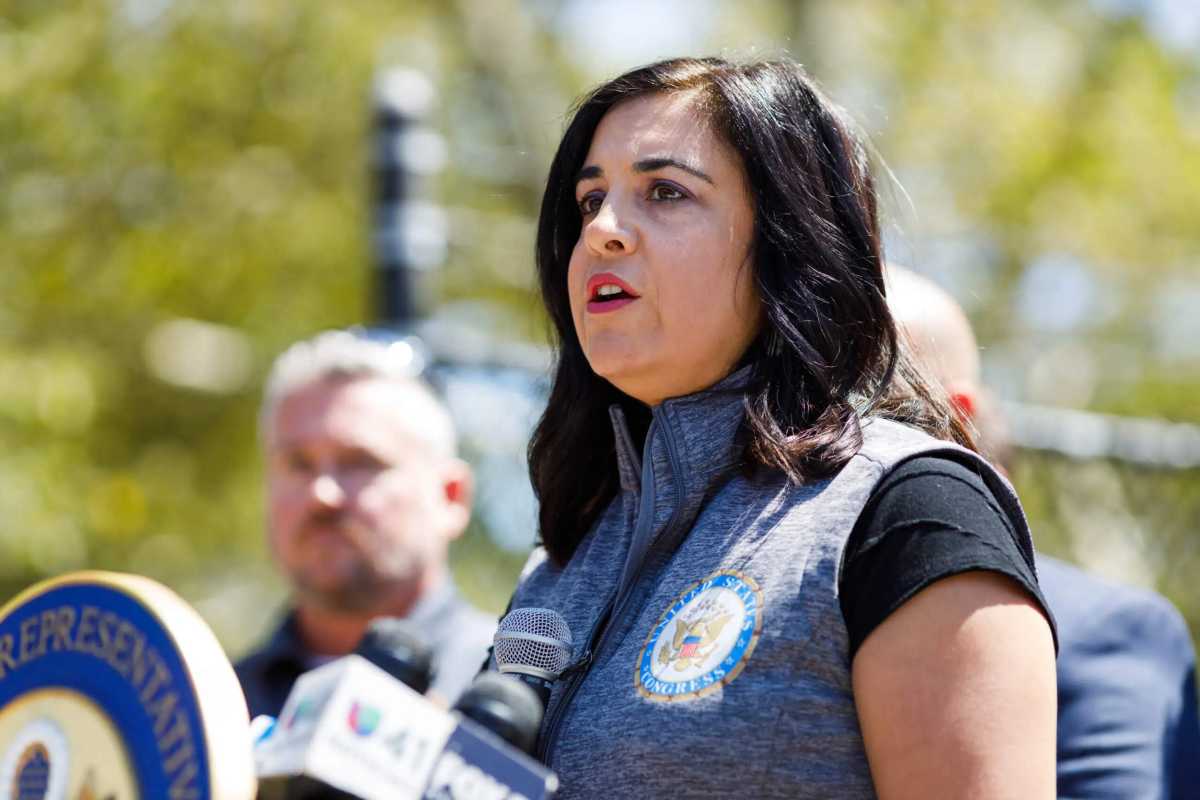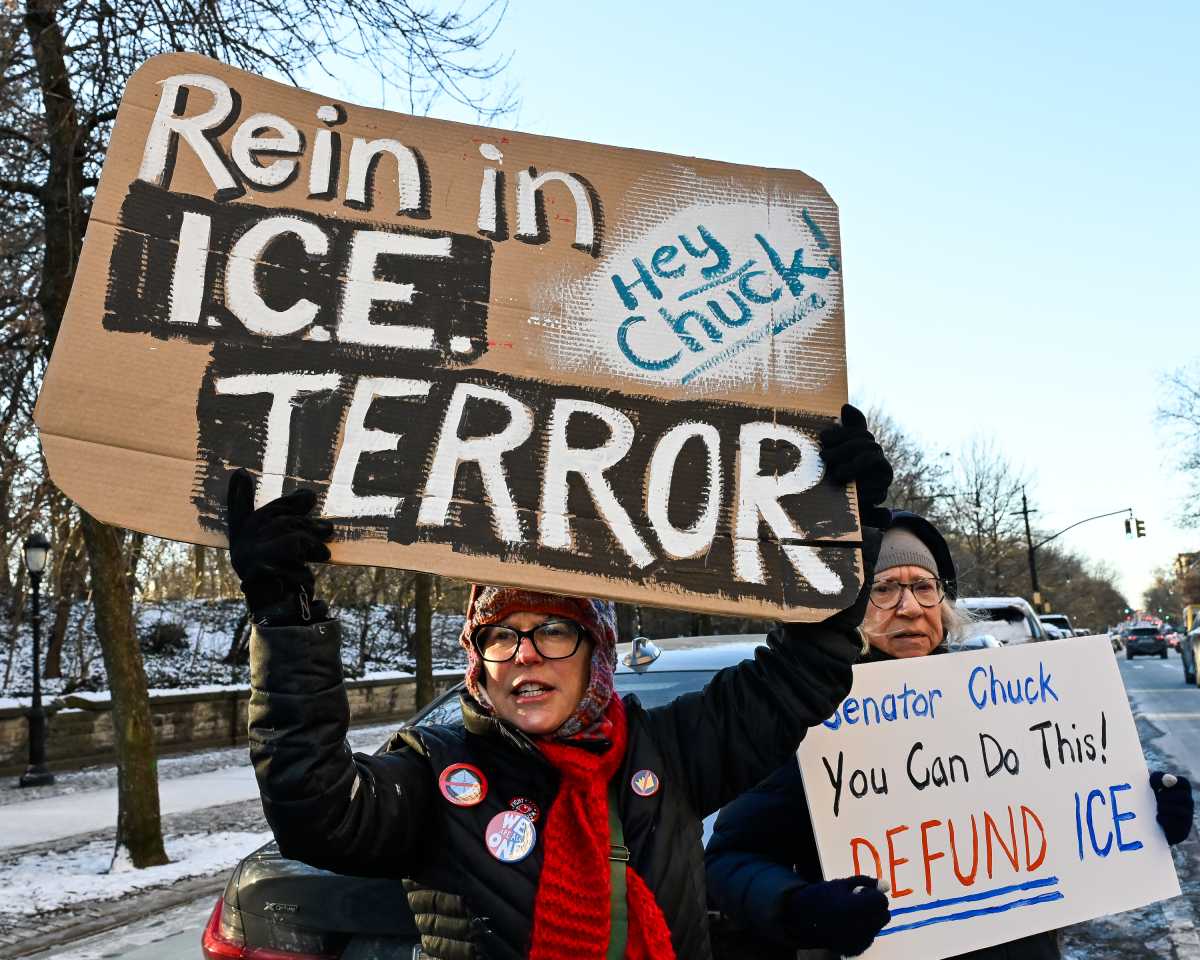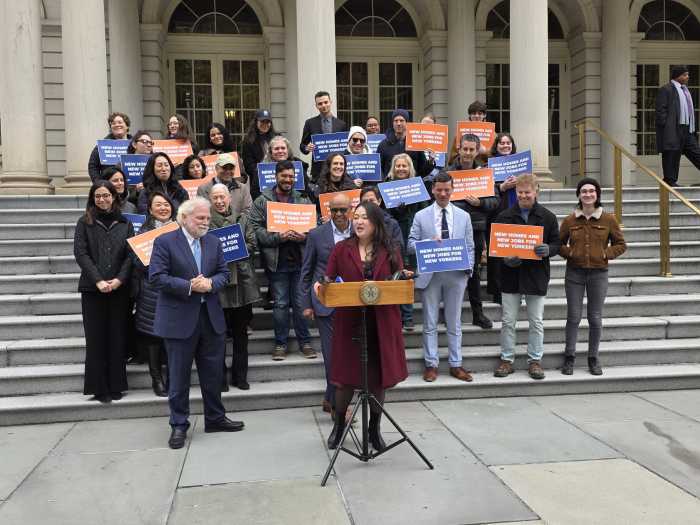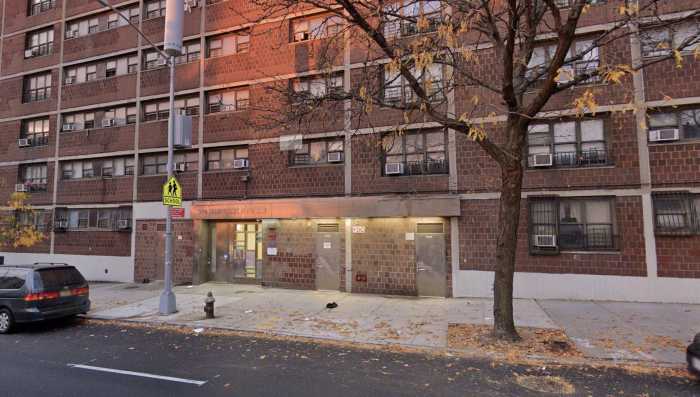The Blasio Administration has a plan to make permanent affordable housing for the homeless, but is keeping tight-lipped on the overall agreement involving the city’s Department of Housing Development and Preservation (HPD) and the not-for-profit developers charged with implementing the initiative.

According to the initiative, the city will allow select non-profit developers to purchase privately-owned properties currently housing the homeless on a temporary basis – cluster housing – on the city’s dime. The not-for-profit developers will get nearly 500 units across 17 buildings in Brooklyn and the Bronx with the aim of rehabilitating them into affordable housing.
City officials have refused to disclose details including the acquisition price and addresses until after the deal is finalized. They did confirm they have an agreement, but it is not final and said a publishing a price tag could impact ongoing negotiations.
Some of the not-for-profits receiving the buildings include Banana Kelly, Fifth Avenue Committee, Fordham Bedford, HELP USA, MHANY, Samaritan Village, and Settlement Housing Fund.
Fifth Avenue Committee (FAC) is a non-profit in which de Blasio is very close. In fact, de Blasio appointed former FAC Executive Director Michelle de la Uz as the city’s Planning Commissioner. FAC has real estate assets of over $100 million and a housing development pipeline of nearly 1000 units representing total development costs of more $400 million, according to the planning commission website bio of de la Uz.
Department of Homesless Services (DHS) said they need to start engaging residents in the buildings and elected officials to get out ahead of that engagement, but don’t want to say more that might jeopardize getting over the finish line on an outcome that is best not just for the city, but for the homeless and current tenants living in these buildings.
The comprehensive Turning the Tide Homeless in New York City Plan eerily echoes the city’s Third Party Transfer (TPT) program also under HPD. Similarly, this plan also includes rehabilitation efforts from the mainly non-profit developers.
The TPT program has recently come under fire following KCP’s ongoing investigative series that has found some questionable foreclosures surrounding the program’s policies.
Prior to acquisition closing, the cluster apartments will continue to be operated as shelter for New Yorkers experiencing homelessness with DHS funding and services.
Homeless families residing at these locations, who are eligible for rental assistance and prepared for housing permanency at the point of transition to not-for-profit ownership, will be offered the opportunity to remain as tenants with a new rent-stabilized lease.
All non-homeless tenants living in a cluster building at the time of purchase will be entitled to remain in their apartments with rent-stabilized leases and additional protections under HPD’s regulatory agreement.
DHS officials said homeless individuals already in the buildings will be able to continue to live in their units through the rehabilitation process and will receive help if forced to temporarily leave their homes.
“We are anticipating tenant-in-place rehab unless the scope is such that it can’t be done safely, in which case, HPD and the non-profit partner would work together to support the tenants through temporary relocation,” said a DHS official.


